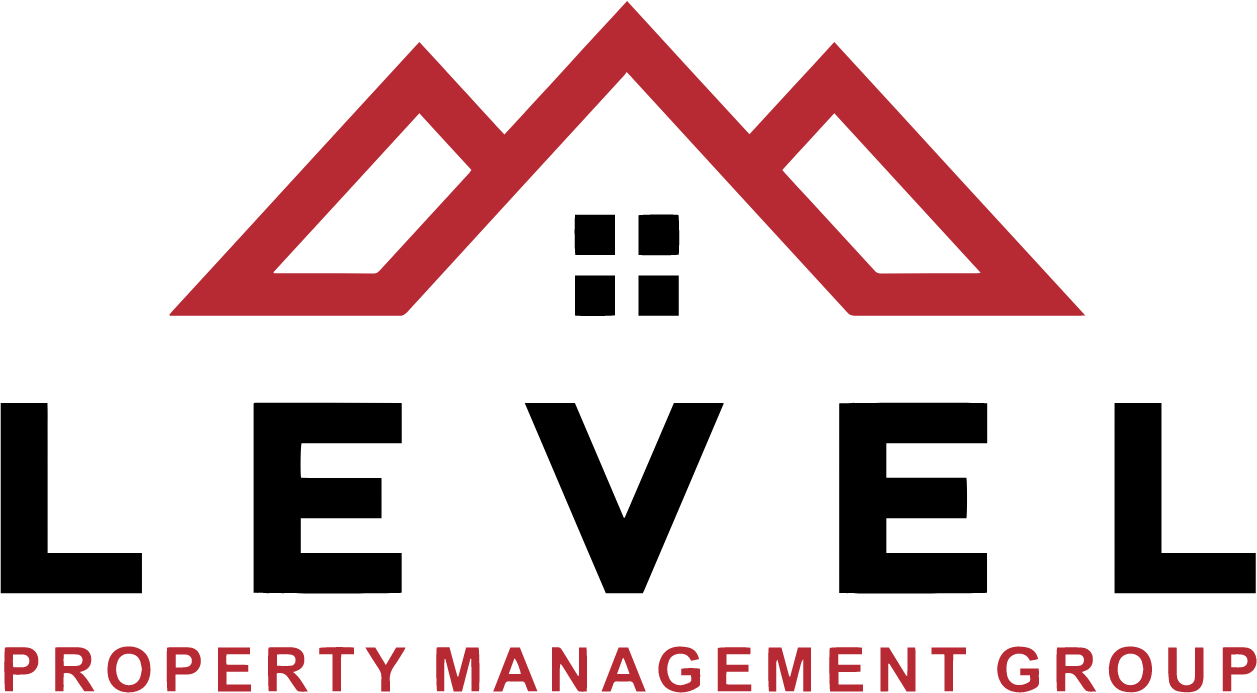Running a successful Homeowners Association (HOA) or Condominium Owners Association (COA) requires effective and efficient board meetings. These meetings are crucial for making decisions, setting policies and ensuring the community runs smoothly. Here are some effective strategies to help you conduct productive HOA and COA board meetings.
1. Prepare an Agenda in Advance
An organized and detailed agenda is the foundation of a successful meeting. Ensure that the agenda includes:
- List of Topics: Clearly outline the topics to be discussed.
- Time Allocations: Assign specific time slots for each topic to keep the meeting on track.
- Supporting Documents: Provide necessary documents and reports in advance to allow board members to review them before the meeting.
Providing the agenda ahead of time helps board members come prepared, leading to more efficient discussions and decision-making.
2. Encourage Participation and Engagement
Board meetings are more productive when all members actively participate. To foster engagement:
- Invite Input: Encourage board members to share their opinions and suggestions.
- Rotate Roles: Rotate meeting roles such as chairperson, note-taker and timekeeper to involve everyone.
- Respectful Communication: Promote a respectful and open communication environment where all members feel comfortable expressing their views.
3. Stick to the Agenda
While it’s important to allow open discussion, sticking to the agenda helps ensure that all important topics are covered within the allocated time. To keep the meeting focused:
- Time Management: Monitor the time spent on each topic and gently steer the conversation back to the agenda if it veers off course.
- Table Unresolved Issues: If a topic requires more discussion than anticipated, table it for a future meeting to avoid running over time.
4. Use Technology to Facilitate Meetings
Leveraging technology can make meetings more efficient and accessible. Consider using:
- Video Conferencing: For members who cannot attend in person, use video conferencing tools to facilitate remote participation.
- Document Sharing: Use cloud-based document sharing platforms to distribute and review documents collaboratively.
- Meeting Management Software: Utilize software designed for board meetings to streamline scheduling, agenda creation and minute-taking.
5. Keep Minutes and Follow Up
Accurate meeting minutes are essential for maintaining records and ensuring accountability. Ensure that minutes:
- Document Key Decisions: Record all decisions made, actions to be taken and who is responsible for each action.
- Summarize Discussions: Provide a brief summary of the discussions that led to each decision.
- Distribute Promptly: Share the minutes with all board members soon after the meeting.
Follow up on action items at subsequent meetings to ensure accountability and progress.
6. Focus on Transparency and Communication
Transparency is key to building trust within the community. To promote transparency:
- Share Meeting Outcomes: Communicate key decisions and updates to the broader community through newsletters, emails or community websites.
- Open Meetings: Allow residents to attend board meetings and provide input during designated times.
7. Foster a Collaborative Environment
Encouraging collaboration among board members leads to more effective decision-making. To foster collaboration:
- Team-Building Activities: Organize team-building activities to strengthen relationships and build trust.
- Conflict Resolution: Address conflicts promptly and constructively to maintain a positive working environment.
8. Educate Board Members
Well-informed board members are better equipped to make sound decisions. Provide educational resources and training on:
- Governance and Legal Requirements: Ensure board members understand their roles, responsibilities and legal obligations.
- Community Management Best Practices: Share best practices and industry trends to keep the board informed and proactive.
Conclusion
Effective HOA and COA board meetings are essential for the smooth operation and governance of your community. By preparing a detailed agenda, encouraging participation, sticking to the agenda, leveraging technology, keeping accurate minutes, focusing on transparency, fostering collaboration and educating board members, you can conduct productive and efficient meetings.
At Level Property Management Group, we specialize in helping associations run smoothly through our comprehensive property management services. Contact us today at 251.210.1664 to learn more about how we can assist your HOA or COA in achieving its goals.


